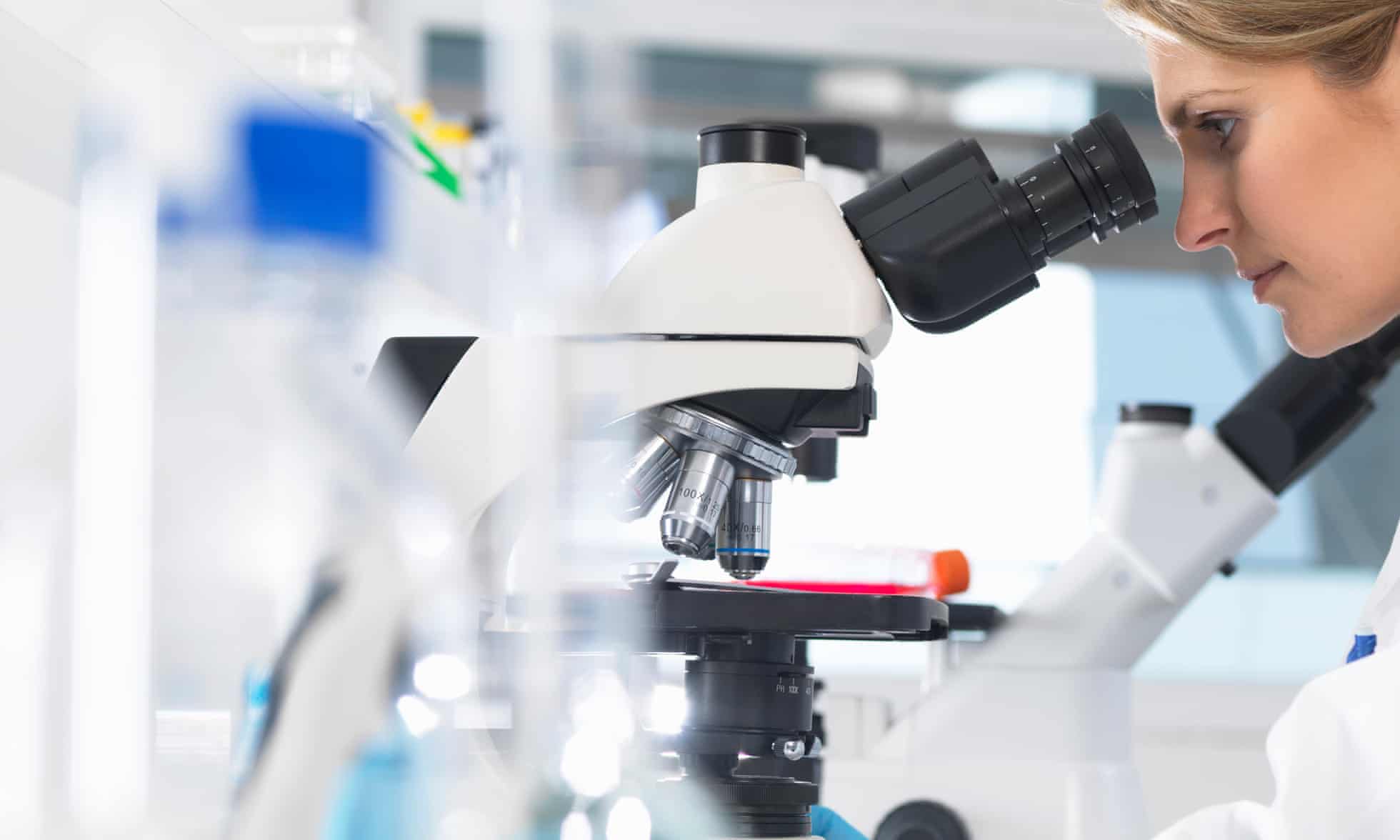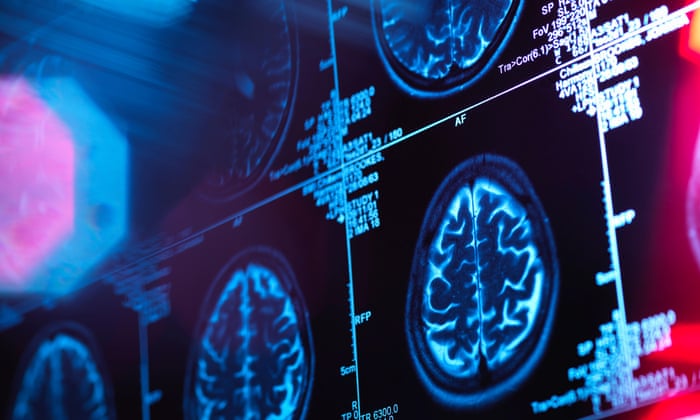 L ike many scientists, I came to the US as a young adult, driven by idealism and ambition. I arrived with all my belongings contained in two suitcases, and just enough cash to cover the first month’s rent on a small apartment. But I also had something of greater value: an offer to work and train in one of America’s top biomedical research laboratories, a chance to participate in the revolution that is modern biological science.
L ike many scientists, I came to the US as a young adult, driven by idealism and ambition. I arrived with all my belongings contained in two suitcases, and just enough cash to cover the first month’s rent on a small apartment. But I also had something of greater value: an offer to work and train in one of America’s top biomedical research laboratories, a chance to participate in the revolution that is modern biological science.
In the years that followed, I became an American scientist and raised an American family. Now, I lead a laboratory in one of the US’s great universities. I am a member of America’s National Academy of Sciences. From a scientist’s perspective, I have lived the American dream.
My story is not unusual. Many of the best scientists in the world are drawn to the US, joining many Americans who choose to build a career in science. This attraction to American science is because more so than any other country, America values unfettered scientific enquiry. In the US, scientists have greater resources to pursue their work, and scientists are an integral part of a culture that has innovation and dynamism at its core.

 Science Glance
Science Glance SpaceX launched its huge Starship rocket on the program's eighth test flight Thursday, but a malfunction of some sort triggered multiple upper stage engine shutdowns and the vehicle failed to reach its planned sub-orbital altitude, breaking apart in a spectacular shower of debris.
SpaceX launched its huge Starship rocket on the program's eighth test flight Thursday, but a malfunction of some sort triggered multiple upper stage engine shutdowns and the vehicle failed to reach its planned sub-orbital altitude, breaking apart in a spectacular shower of debris.
 Scientists in Bolivia are hoping to track glacial changes at lightning speed.
Scientists in Bolivia are hoping to track glacial changes at lightning speed.

































